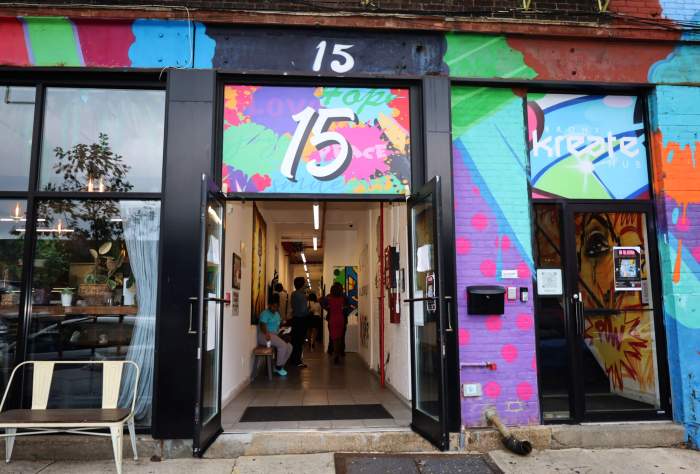Beans, beans the musical fruit, the more you eat, the more you tout. Yes, beans are not only musical but they’re magical and if you eat them, you’ll be touting their benfits!
The schoolyard rhyme tells us that beans are good for your heart and science confirms that this is true.
If you are a bean-eater, you probably weigh as much as 6.6 pounds less than those who do not consume beans. This makes sense when you consider that beans are full of fiber and protein which will make you feel full and keep you satisfied longer than other foods.
When passing through the digestive tract the fiber in beans attracts bile, which contains cholesterol, and removes it from the body before it is absorbed. Eating a cup of cooked beans every day can lower your total cholesterol by as much as 10% in as little as 6 weeks. This decreases your risk of heart disease by 20%. A study conducted at the University of Kentucky has shown that only 3 weeks of increased bean intake lowered the men’s cholesterol by an average of 19%. This lowers their risk of heart attack by almost 40%- some may consider that magical!
The compounds found in beans- lagnins, isoflavins, phytic acid, sapopin and protease inhibitors- have been shown to keep normal cells from turning cancerous. The soybean contains phytoestrogens, a weaker version of the estrogen that is produced naturally in our bodies. Phytoestrogens are believed to reduce the risk of prostate and breast cancers, by blocking over-activity of estrogen and testosterone which can spur cancerous tumor growth. It is interesting to note that studies have shown that Spanish women have half the risk of breast cancer as white women. Researchers believe that the disparity is due to the high concentration of beans in their diet.
If you have diabetes, you will be interested to know that the soluble fiber in beans will help to create more insulin receptor sites in your body. These sites will help insulin molecules to connect allowing insulin to get to the cells that need it, instead of floating freely through the bloodstream, which could potentially cause problems.
So, which beans are best? Research shows that all beans are good for you but the beans with the darkest color have the most antioxidants. Top antioxidant content in order are as follows: black, red, brown, yellow and then white. Why not combine several colors to make a healthy and beautifully colorful soup or salad?
So, the recommendation of science and the schoolyard rhyme is to eat beans and tout their many magical (and musical) benefits!






















